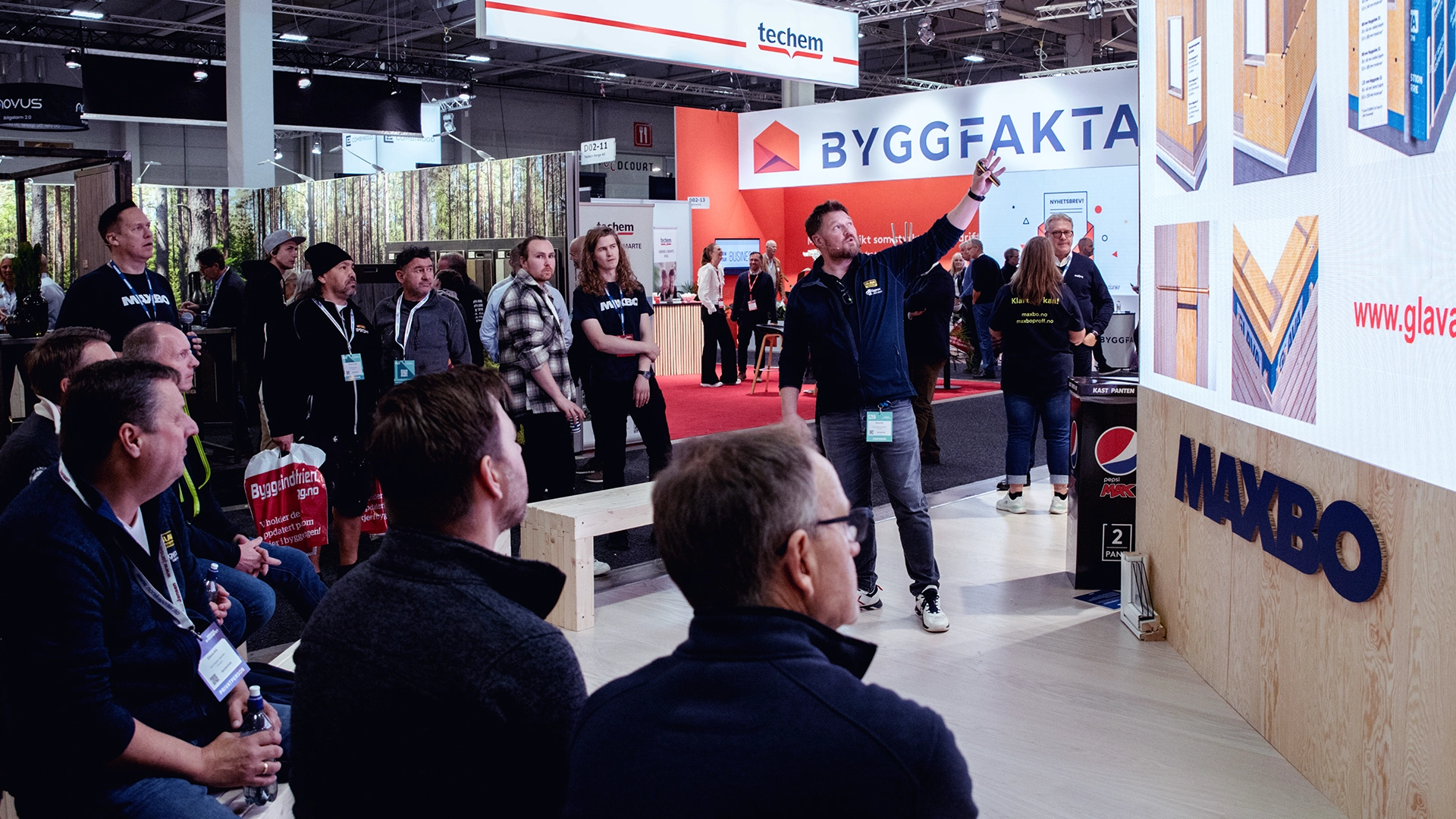
Conference or Seminar – What’s the Difference?
Conference or Seminar - What's the Difference?
Are you thinking of organizing a conference or a seminar, or have you received an invitation in your inbox?
While many have attended both conferences and seminars before, it’s not always easy to distinguish between the two forms. Conferences and seminars may seem relatively similar at first glance, but there are several factors that set them apart. In this article, we will take a closer look at conferences and seminars, what the differences are, what the advantages are, and how we can help you organize a successful event.
What is a Seminar?
A seminar is a gathering of people to discuss a specific topic. Seminars typically involve presentations, discussions, and activities contributing to knowledge sharing. These meeting events usually consist of a smaller group, typically between five to twelve participants. With varying topical complexity and content, seminars can last from one hour to several days. According to The Great Norwegian Encyclopedia, seminars are a form of “teaching, discussion meetings, or courses.”
Are you planning a seminar?
Get in touch, and we’ll help you get started.
What is a Conference?
A conference is a more significant event with lectures and discussions where participants exchange knowledge, experiences, and views on specific professional subjects. The most common conferences are based on industry, occupation, or fandom.
A conference can last from one day to several days. It often includes presentations, exhibitions, and panel discussions. Additionally, conferences may have exhibitions, networking events, and receptions. With a more structured and formal approach than a seminar, conferences often focus on conveying information to a larger audience.
Examples of conferences include Routes Europe, an industry conference for aviation, NTF’s Annual Meeting, a professional conference for dentists, and Comic-Con, a fan conference for comics, movies, and TV series.


What's the Difference Between a Conference and a Seminar?
Compared to seminars, conferences are the larger of the two events. Conferences can attract anywhere from fifty guests to thousands; the largest conferences may even draw more people. Seminars often focus on dialogue and interaction among participants, functioning as larger workshops, whereas conferences are more comprehensive and formal.
A conference is designed to discuss broader subjects, such as entire industries or significant topics within a field. In contrast, a seminar is meant to delve deeper into and sharpen knowledge about a subject.
Conferences can also be categorized as national or international. International conferences have the potential to draw participants from all over the world. National conferences are usually relevant and intended for residents or industries within the country where the conference is held.
How Can NPG Assist in Organizing a Conference or a Seminar?
Regardless of which format suits you, we are ready to help you get started.
Learn more: NPG Event
We have extensive experience with events, conferences, and seminars across various fields and industries. From planning, development, administration, and execution, we organize and manage seminars and conferences. We handle everything from choosing the venue and facilities to AV equipment, participant management, registration, and catering.
Aligning with the concept, we also assist in creating a cohesive theme, from speakers to related events and exhibitions. With NPG Media and our in-house Exhibition department, we can assist with everything from streaming to developing the concept and executing exhibitions and fairs related to the event.
Get in touch, and we’ll help you get started.
Advantages of Organizing Seminars and Conferences
- You’re in Charge: When organizing the seminar or conference, you can tailor the content to your needs and desires. You can choose topics that are relevant to your industry and invite speakers who are experts in the field.
- Networking Opportunities: Seminars and conferences provide excellent networking arenas. With multiple people gathered for discussions, it can lead to new business opportunities, collaborations, and friendships.
- Professional Development: As the organizer, you have the chance to develop your own skills. With us involved, you’ll also learn about planning, marketing, management, and execution of a successful event.
Advantages of Conferences
Conferences allow you to bring together people, colleagues, experts, and fans from industries or professions in one place. Conferences enable participants to hear from various speakers and gain a deeper understanding of exciting and important topics within a specific field. It’s also a great source of inspiration.
As a more significant event, conferences open the possibility of building a brand and promoting the company, project, or yourself to a broader group of potential customers and partners.
Advantages of Seminars
Seminars can be a good and effective way to learn and collaborate with others. Seminars often provide a deeper understanding of a particular topic, with opportunities to learn from field experts and ask questions. It can also be a great way to network and meet people who share the same interests or work in the same industry. As a smaller and more focused event, the seminar can offer an atmosphere where participants feel more involved and engaged.
Would you like to talk?
NPG Kontaktskjema (ENG)
NPG contact form
We would love to hear from you!
- Norwegian Promotion Group AS
- Bygdøy allé 23, 0262 Oslo
- Phone: +47 23 23 41 00
- E-mail: npg@npg.no





